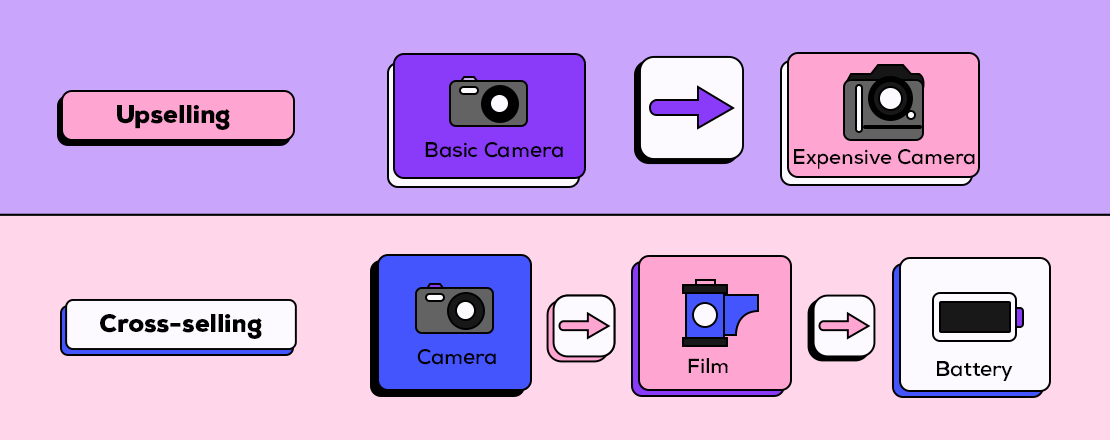The partnerships in the FinTech industry in 2020 have availed themselves the opportunity of exploring the rapid transition to digital transactions and new markets, to consolidate their position in the value chain and further gain market share.
The FinTech ecosystem has seen some exciting disruptive forces create havoc over the last five years. COVID season, in particular, has pushed organizations out of their comfort zones from a “winner take all” attitude towards collaboration to witness tremendous benefits for both sides. The trend goes back to its advent in early 2019, and since then, it has been completely changing the dynamics of the financial services industry.
The size of the market
The uncertain times through 2020, as we all know it, can be seen as both a threat and an opportunity where investors have focussed on late-stage maturity trends. A healthy flow of 1,221 FinTech deals between January and June amounted to $25.6bn inclusive of venture capital investment and mergers & acquisitions (M&As) towards digital-native FinTech solutions transforming banks by and large. Simple customer patterns such as the transition to online transactions, high-speed and high-fidelity cloud-based solutions, and high-powered mobile devices have made the customer journey a lot leaner than it used to be with traditional banks. The general trends of M&As have been across the payments, lending, and banking space, primarily in the interest of young organizations exploring an added footprint within banking.
The partnerships in the FinTech industry in 2020 have availed themselves the opportunity of exploring the rapid transition to digital transactions and new markets, to consolidate their position in the value chain and further gain market share.
Digital transformation calls for enhanced capabilities
SMB lending disruptor Kabbage recently forayed into banking with a debut of its checking account interconnected to a range of digital banking services including, eWallets and bill payment services. American Express acquired FinTech Kabbage at a rumored figure of $850 million to empower small businesses with technology solutions to help manage their cash flow and focus on growing their businesses.
In a race to substitute the card-based business model running out of steam, the acquisition talks noticed across the COVID season was Visa potentially acquiring Plaid for a whopping $5.3 billion. Although this is currently on hold due to antitrust regulatory concerns, it is sure to resurface. In a similar context, Mastercard has successfully posted the acquisition of Finicity at a much lower figure of $825 million.
The quest for new market opportunities
Competitor acquisition has also been on-the-high during 2020 for obvious reasons. Although the deals are not cheap, the strategic economic impact is high. Take the example of Worldline acquiring French competitor Ingencio for $8.6 billion to increase market reach in the payments space. To consolidate its position on other sides of Europe and enable more local payments (and strengthen the partnership with Czech Republic-based Komercni Banka), Worldline has also acquired a majority stake in GoPay, a well-known payment gateway in Eastern Europe.
On the other extreme, with technology companies offering Banking as a Service, Stripe stands out with its recent partnerships with Shopify and Evolve Bank & Trust to provide business accounts designed for merchants. Stripe also continues to invest heavily in its treasury infrastructure to strengthen its new partnership with Goldman Sachs. Similarly, hardcore technology-backed M&A was witnessed in the Southeast Asian market where cloud service company Infor partnered with DBS Bank in Singapore. The partnership emerges as a peculiar one where a FinTech company will augment its digital-first solution with the trade-financing capabilities offered by a bank.
The bottom line
Statistics help visualize $14 billion worth of deals in Q1 of 2020 and subsequently an $11.7 billion worth of Fintech deals down by 43% and 21% year-on-year in the same quarter. Overall, the negative impact of coronavirus outbreak comes coupled with accelerated digital trends. Increased demand for digital transformations at banks and financial services organizations has led to a surge in cashless payments. While on the other hand, few FinTech services have forced the traditional organizations to double down on FinTech investments.















